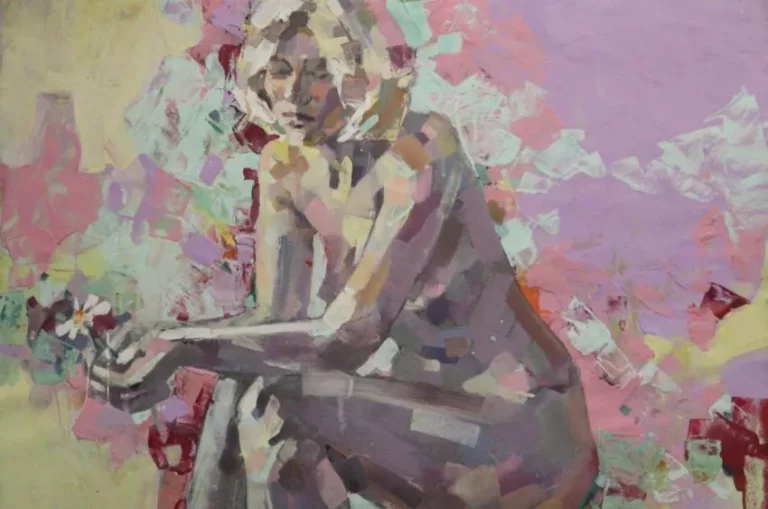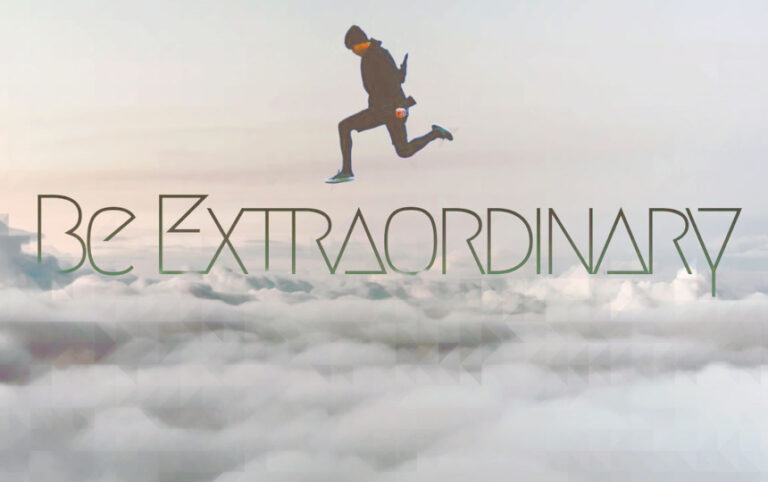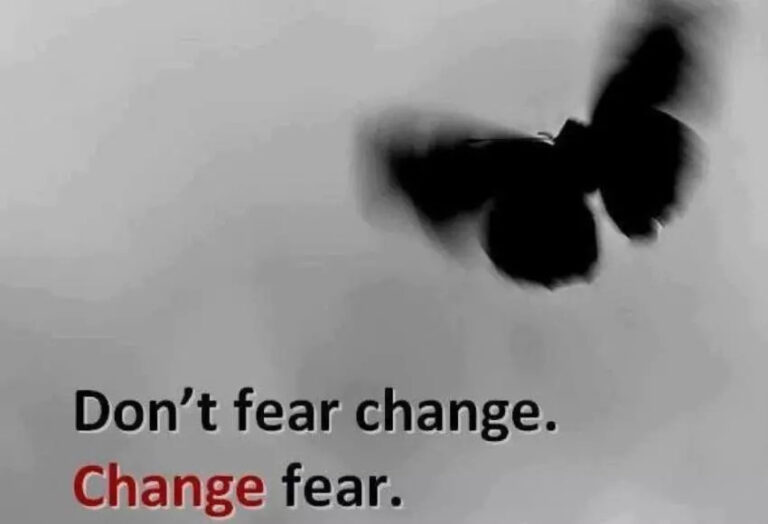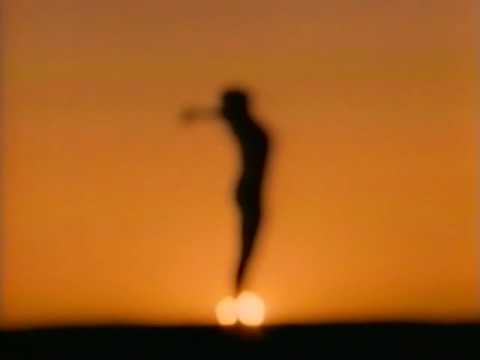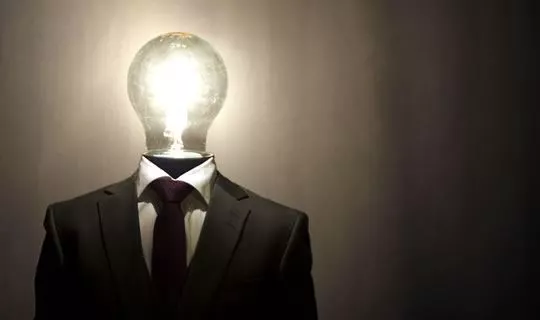Doubt is a pain too lonely to know that faith is his twin brother. ~ Khalil Gibran
Doubt is a state of mind where the person cannot take a decision or come to terms with the given truth. There is confusion, irritation, and, if the doubt persists, it leads to criticism.
Sometimes, doubt becomes a constant state of mind for years. We doubt history, anthropology, epistemology, psychology, philosophy. Metaphorically speaking, there is so much to doubt. And doubt is the engine of the mind. There is nothing wrong in doubting. But dwelling in one, is certainly harmful.
There is no denying the fact that everybody doubts in a different way. When in doubt, most of us make an effort to clear that doubt. Sometimes, we are almost on the verge of clearing our doubts but we turn back or divert our attention to some other doubt. Some wrongly doubt for the sake of doubting.
Some live in that particular doubt zone to protect their preconceived notions from getting eroded for the sake of their sanity. They work on building new defence mechanisms to avoid people from shaking their foundation of belief/doubt. For example, religion and racism is an example of this category of doubt-dwellers.
Sometimes the area of our doubt has no immediate or definite conclusion. Philosophy is one such domain. It is not chemistry where hydrogen and oxygen make water by hook or by crook. Thankfully, wisdom can never be a market commodity. One cannot buy wisdom. One can only experience it endlessly. Consider this statement.
Person A ~ “I have been good for so many years. They say if you do good, good things happen to you. But nothing good has ever happened to me, so I will transform into bad.”
Here, clearly, the person doesn’t even know what good or bad actually means. Here the person doesn’t know what to doubt. It amazes me how so many people live their lives this way.
Getting back to the theory of doubt, Rene Descartes, a French philosopher, said, “I think, therefore I am.” He also gave the theory of Cartesian doubt, a form of methodological skepticism. He said, doubt everything, even one’s core beliefs. The purpose is to use doubt as a route to certain knowledge by finding those things which could not be doubted.

Several years have now elapsed since I first became aware that I had accepted, even from my youth, many false opinions for true, and that consequently what I afterward based on such principles was highly doubtful; and from that time I was convinced of the necessity of undertaking once in my life to rid myself of all the opinions I had adopted, and of commencing anew the work of building from the foundation…~ René Descartes, Meditation I, 1641
That’s how one evolves. But keep your mind open. Doubt should be a carved path to knowledge and wisdom. Humans, most of the time, don’t like to be told that their common sense is not good enough.
Nothing is more fairly distributed than common sense: no one thinks he needs more of it than he already has. ~ Descartes
The fact of the matter is one should rise above the false sense of pride and entertain doubts that cross the mind. One should have enough courage to be faithful to the questions that arise rather than sticking to the authoritative conclusions. Be compassionate to your doubts because it’s you speaking to yourself.
Human eye has a defined range of normal vision. We cannot see anything after a point. That doesn’t mean things don’t exist beyond that. As Khalil Gibran said, doubt and faith are twins. But have coherent reasons to your doubts. Don’t doubt like the Person A, I mentioned above.
One should not doubt to demean a concept or a person, or to show superiority, or to exert intellectual power. It shouldn’t be like stagnant pale water but, instead, it should allow you to touch different shores of human understanding time to time. Doubt because you want to know the truth that will help you in crossing all the boundaries drawn between you and understanding yourself.
Image Source

